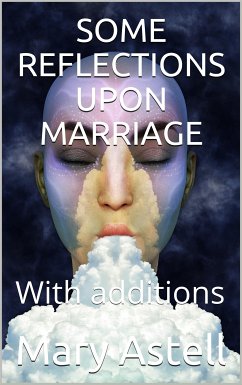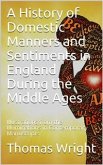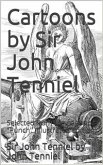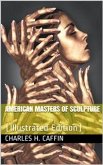Some Reflections upon Marriage lamented the inequities of the institution of marriage and reasoned against it with both traditional and innovative arguments. Mary Astell's tract, written in response to an infamous divorce case, forcefully argued against the grim but all-too-common prospect of a marriage of necessity to a man in search of power, money, or a trophy wife. Astell proposed education as the solution to women's second-class status, stating that knowledge alone could lead to a partnership based on friendship and respect. "Let us learn to pride ourselves in something more excellent than the invention of a fashion," she wrote, and her well-reasoned arguments soon won her a wide readership.
Bitte wählen Sie Ihr Anliegen aus.
Rechnungen
Retourenschein anfordern
Bestellstatus
Storno









